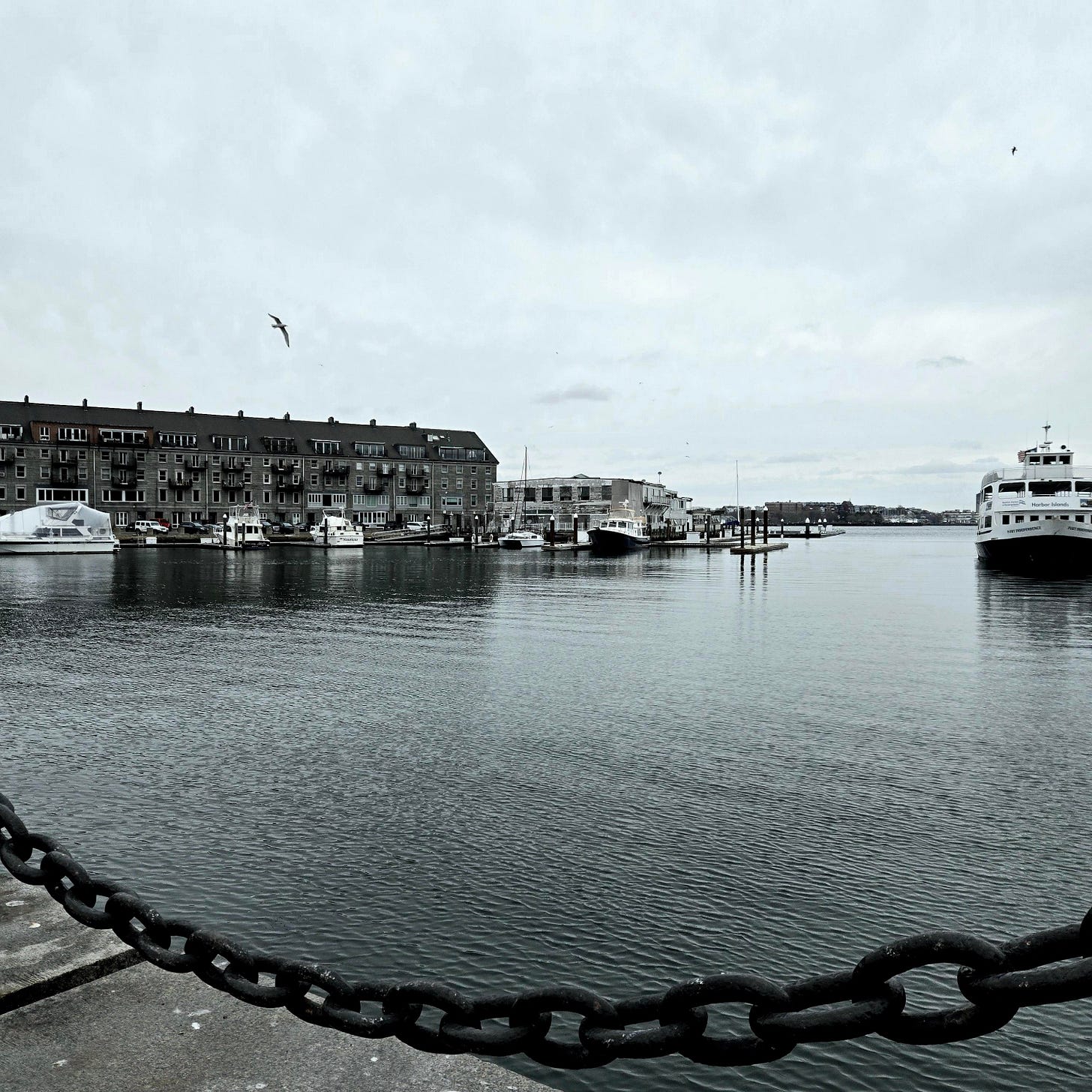To do things differently not only requires a tremendous amount of energy, but effort, which is something I forgot about until this week.
As I recently explained, I’ve [subconsciously] taken it upon myself to change the way I do things in a [conscious] effort to improve my quality of life. I finally began to understand what had been told to me by therapists over and over again — one day, when you can finally buy the few extra seconds you need to assess a decision you’re about to make, you’ll be able to control the impact of your choice.
To some extent, I’ve been able to do part of this for months (albeit not every time, and not flawlessly) — pausing to acknowledge the end result of my decisions. When I say the process hasn’t been flawless, I mean that there were many times when I knew the decision I was going to make was the wrong one and it would hurt me in the end. Being the masochist I was, it mattered little to me. There was something far more comforting in making the familiar choice to thrust myself into pain.
Ultimately, it took a tremendous amount of trust in myself to take Those Extra Seconds to make better decisions, aside from the fact that I had already been told repeatedly that I would benefit from doing so. (If it sounds nonsensical, I hope this provides you with a greater understanding of the depth of my trauma and lack of trust in everyone, myself included.) For a long time, I thought I could chalk up my lack of progress to low self-worth, in addition to the skepticism. While some of this was likely the case, it’s only now — now that I’ve taken the extra time to make better decisions without succumbing to doubt — that I can vouch for everything I had been told. Perhaps more interestingly, I’ve experienced benefits that I didn’t anticipate, and I should note that I don’t believe they are exclusive to me.
I have never believed in any of this more than this past week when every single one of my attachment trauma wounds was sliced open. As anyone with post-traumatic stress disorder will tell you, very little rivals the pain of the past — the pain that was so extreme and devastating that you now have to carry it with you every day of your life. When an occurrence in present-day reminds your brain of it, you have no choice over whether you relive that pain or feel it with the same intensity all over again. It happens against your will. It happens in the middle of your workday during a meeting. It happens when you’re with your friends, who had no knowledge of the pain you were carrying until you began sobbing in front of them. It happens when you start to have unreasonable expectations of people, which is to say any expectations at all.
What you can choose, however, is what to do after you feel that pain.
In the case of this week, I used Those Extra Seconds to recognize what was coming next according to how I’ve responded to these moments in the past. Usually, I allow any resentment inside of me to grow until it eventually eats me alive. I shun all of the people who love me, believing that everything was somehow my fault and I deserve to suffer through the pain alone (masochist things). Finally, I tell myself I’ll never trust anyone ever again because this is what always happens: pain.
After Those Extra Seconds, I had to acknowledge that the pain of the attachment wound trauma had hit me too hard to develop an actionable plan. Instead, I used the opportunity to check myself.
For starters, trusting people has not always ended in pain. (If it had, I wouldn’t have people attempting to take care of me right now.) Secondly, I am the one who labeled myself a masochist. Treating myself as if I deserve pain and it’s the only way I can find enjoyment is entirely self-manufactured. Quite frankly, I don’t deserve it.
To that extent, I just experienced an overwhelming amount of hurt — why inflict further pain on myself out of habit and familiarity? There is no reason to perpetuate the pain via means like self-blame (or anything similar that doesn’t matter, if only because what’s done is done).
I would be lying if I said that this new path I’ve chosen to take isn’t difficult. In fact, it’s far more challenging than opting for the tried-and-true, which I know I can make it out of alive. I am also well aware of the likelihood of relapsing along the way.
Once you realize you can decide what it looks like to survive, though, the challenges no longer seem insurmountable. In some cases, you even welcome the opportunity to make sure that you wind up happy. You can’t change what’s happened, and you can’t be certain of what comes next — but you have control over right now, and that counts for something, whether you believe it or not.




